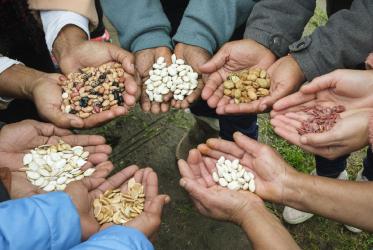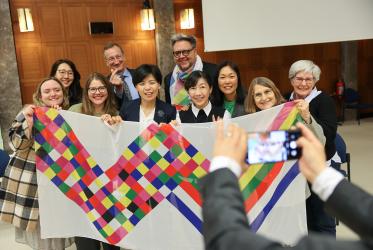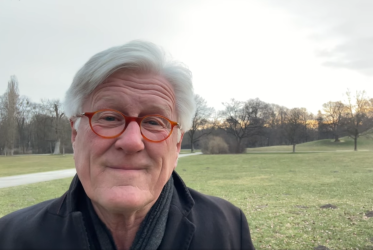As Christians we have been taught that the very essence of God is love. When asked by would be disciples, what is the greatest commandment, Jesus responded very simply— “Love God with everything you have and everything you are and Love your neighbor— ‘the other” as you love yourself.”
Yet, in the name of this God who is love, people have captured, enslaved, trafficked, raped, sold, beat others who have been deemed as “less than” or “other than” and subjugated people to selfish economic and sadistic desires.
In the name of Love, people have done unspeakable violence to the very ones they are called to care for and protect. This brokenness in relationships with each other and with creation becomes a betrayal of the very essence of God whom we claim to love, worship, and follow.
However, LOVE stepped out of the holiness of the heavenly realm, took on human flesh, moved into the messiness of our neighborhoods, became our neighbor—became “the other” and with a radical love called us into community of new relationships defined by interdependence and an understanding that one’s own well-being is intricately woven into the well-being of one’s neighbor—“the other.”
While the 13th Chapter of 1 Corinthians is often read at weddings and reduced to interpersonal relationships, its original context is for a community marked by conflict, competition, and confusion. Love—the very essence of God in our midst—is to heal the brokenness and wounds that we intentionally and unintentionally inflict on one another. It is to show us a “more perfect way.”
The description of LOVE—the very essence of God in our midst—as read in this passage is an invitation to both reflect and recognize the God presence in our relationships. When relationships (both interpersonal and collective) are abusive, controlling, narcissistic, and sadistic they are not relationships marked by the very essence of God—LOVE. These relationships hurt and wound— they kill and destroy. They are a distortion and perversion of God’s intention for us.
We are invited to discover in ourselves this LOVE given to us in the Jesus who became like us to deliver us into the fullness of God’s intention. We are invited to love out of this LOVE. We are invited to discover in others this LOVE given in Jesus and to receive this LOVE in our own lives.
In this love we discover that there is no “other” there is only LOVE manifested and waiting to be known. We are invited into communities that are transformed and are agents of transformation by the power of this LOVE. This is a LOVE that we celebrate that is more enduring than cards and candy and flowers and perishable trinkets. This is a LOVE that heals the hurts of our lives and this world.







